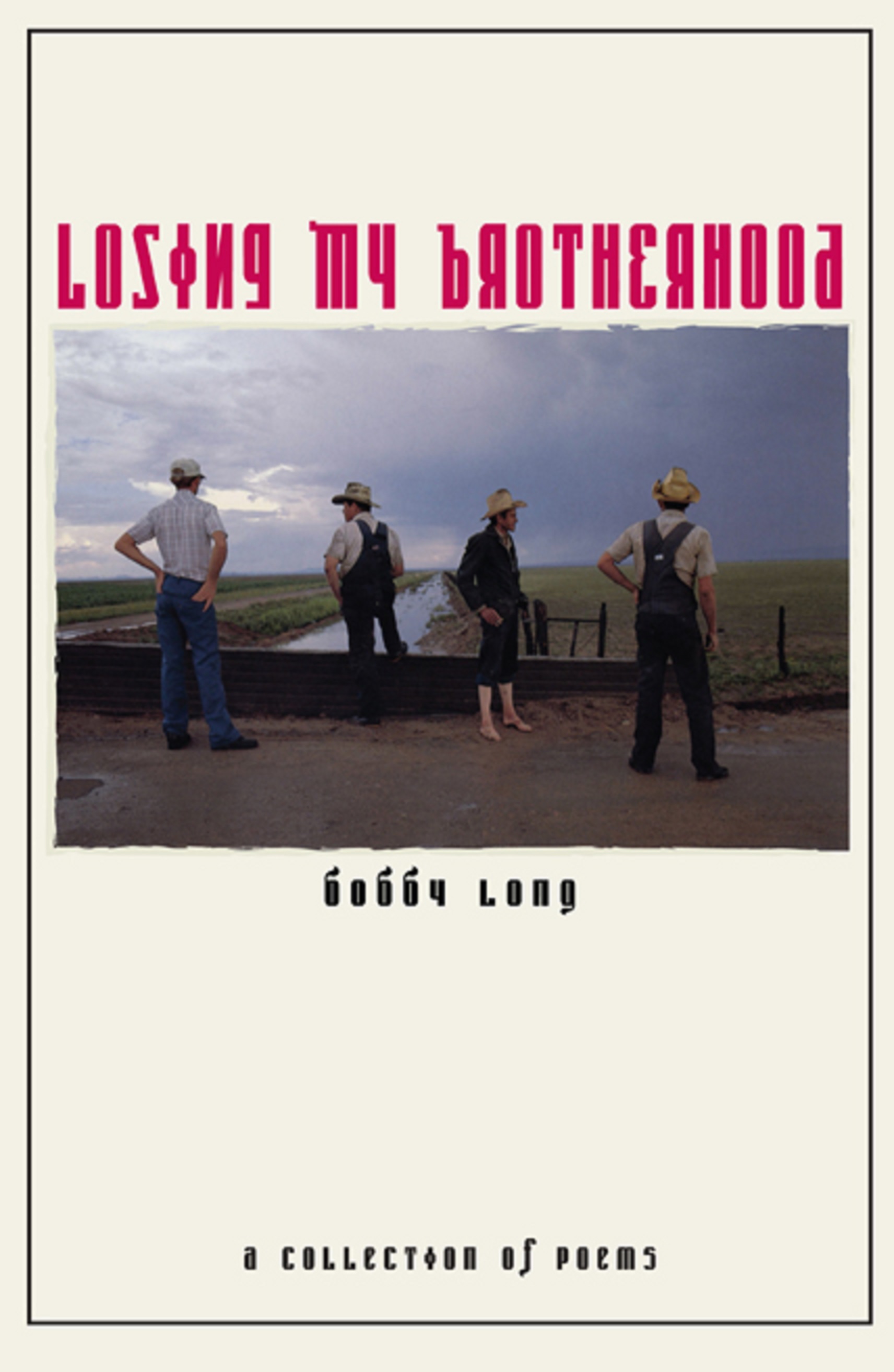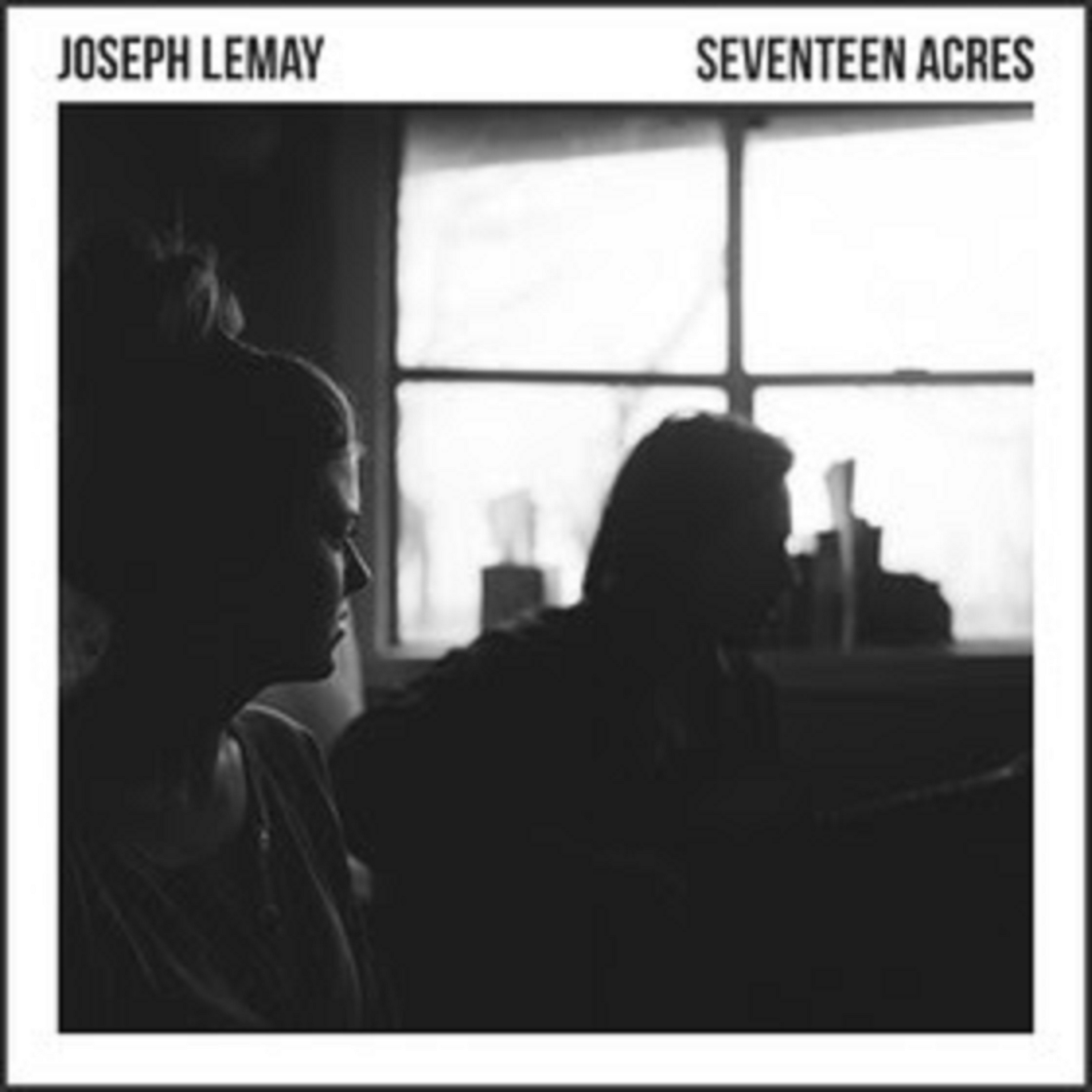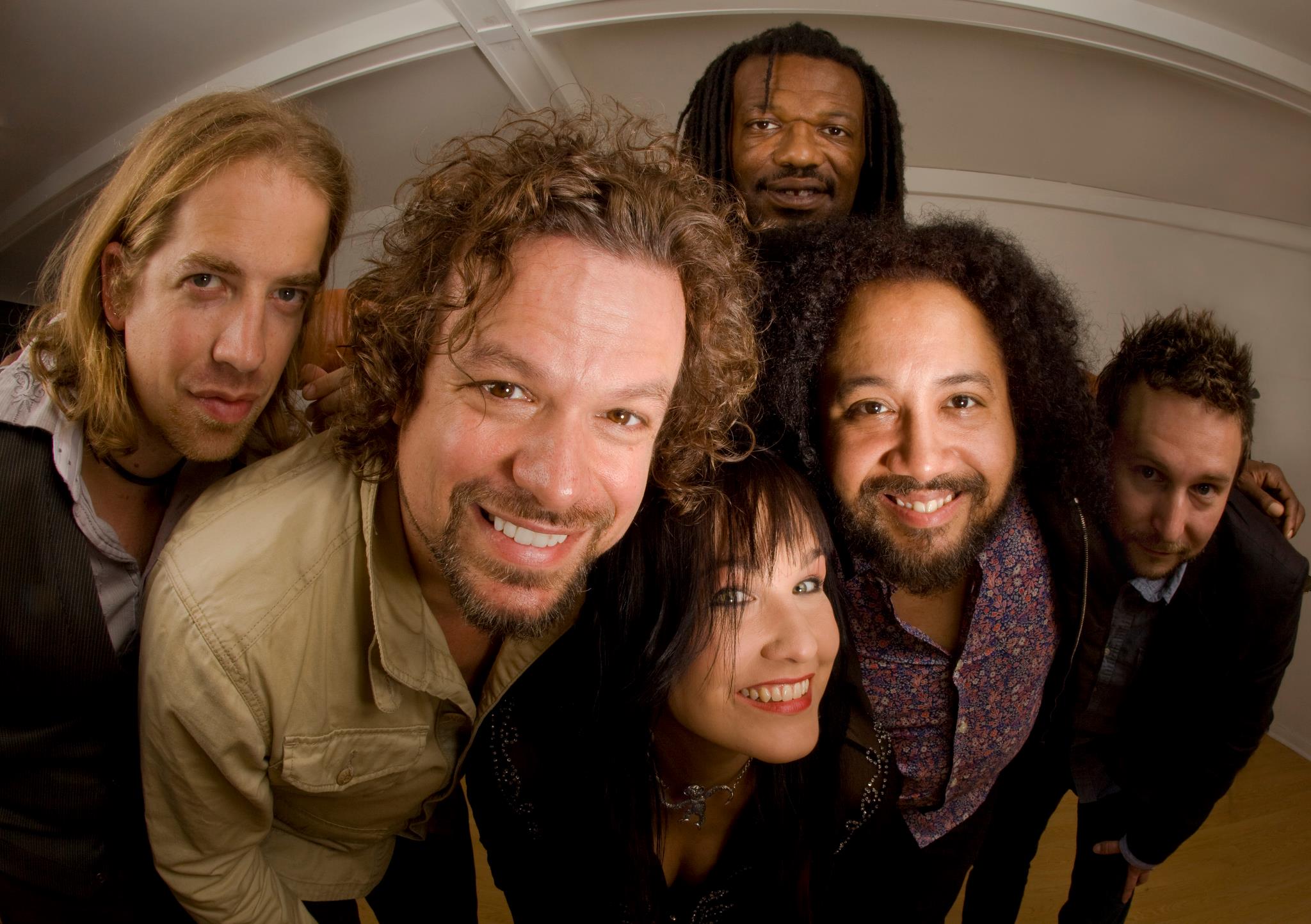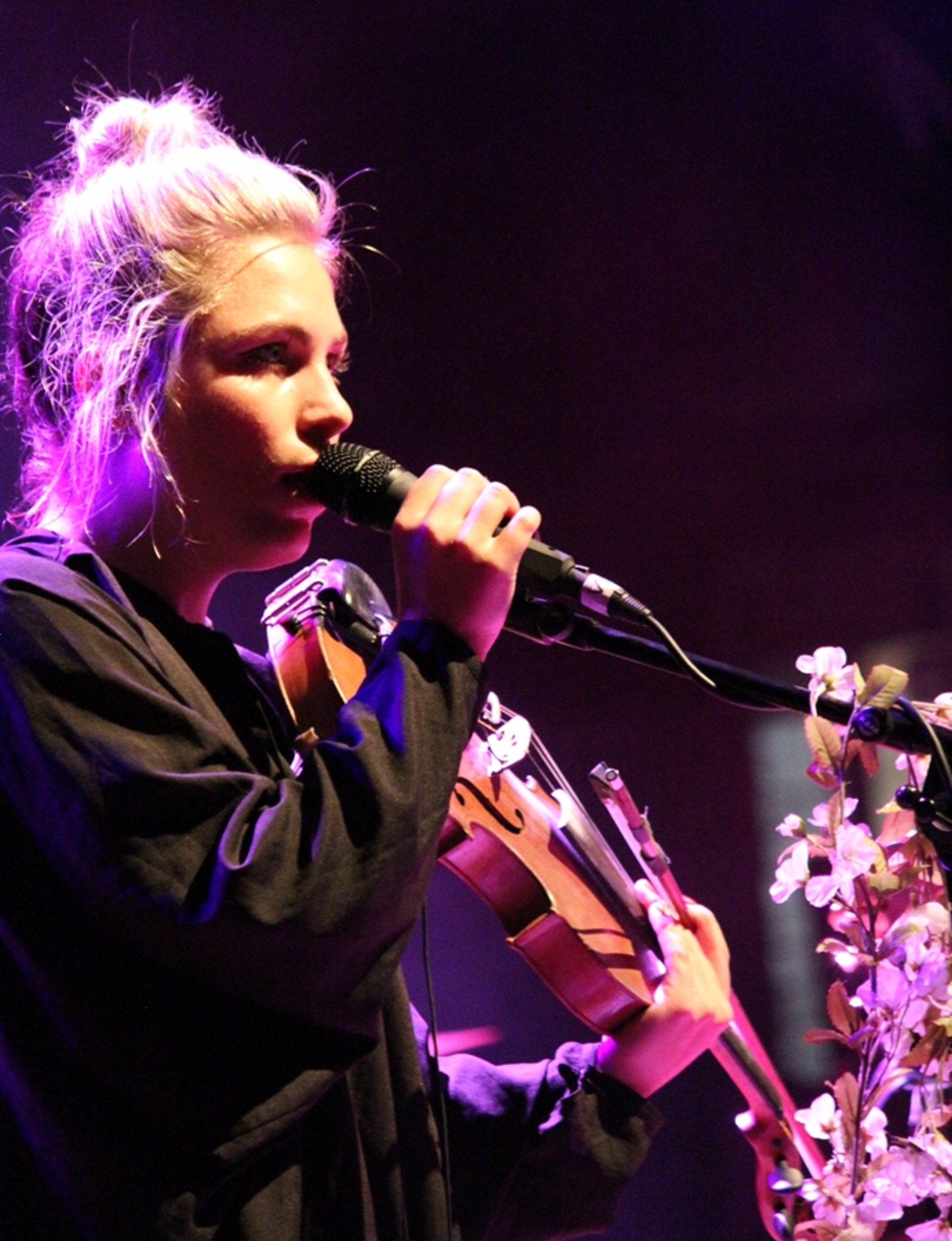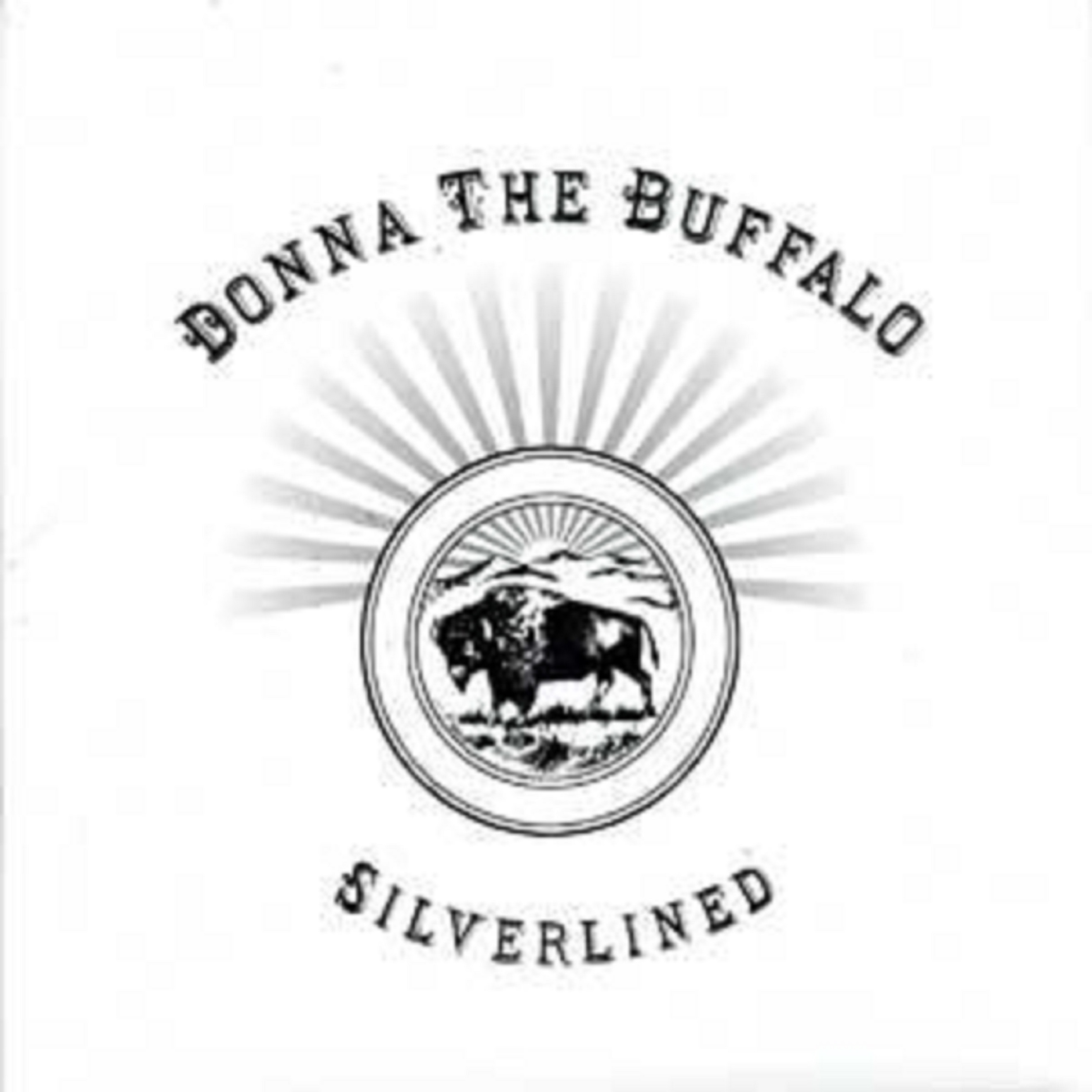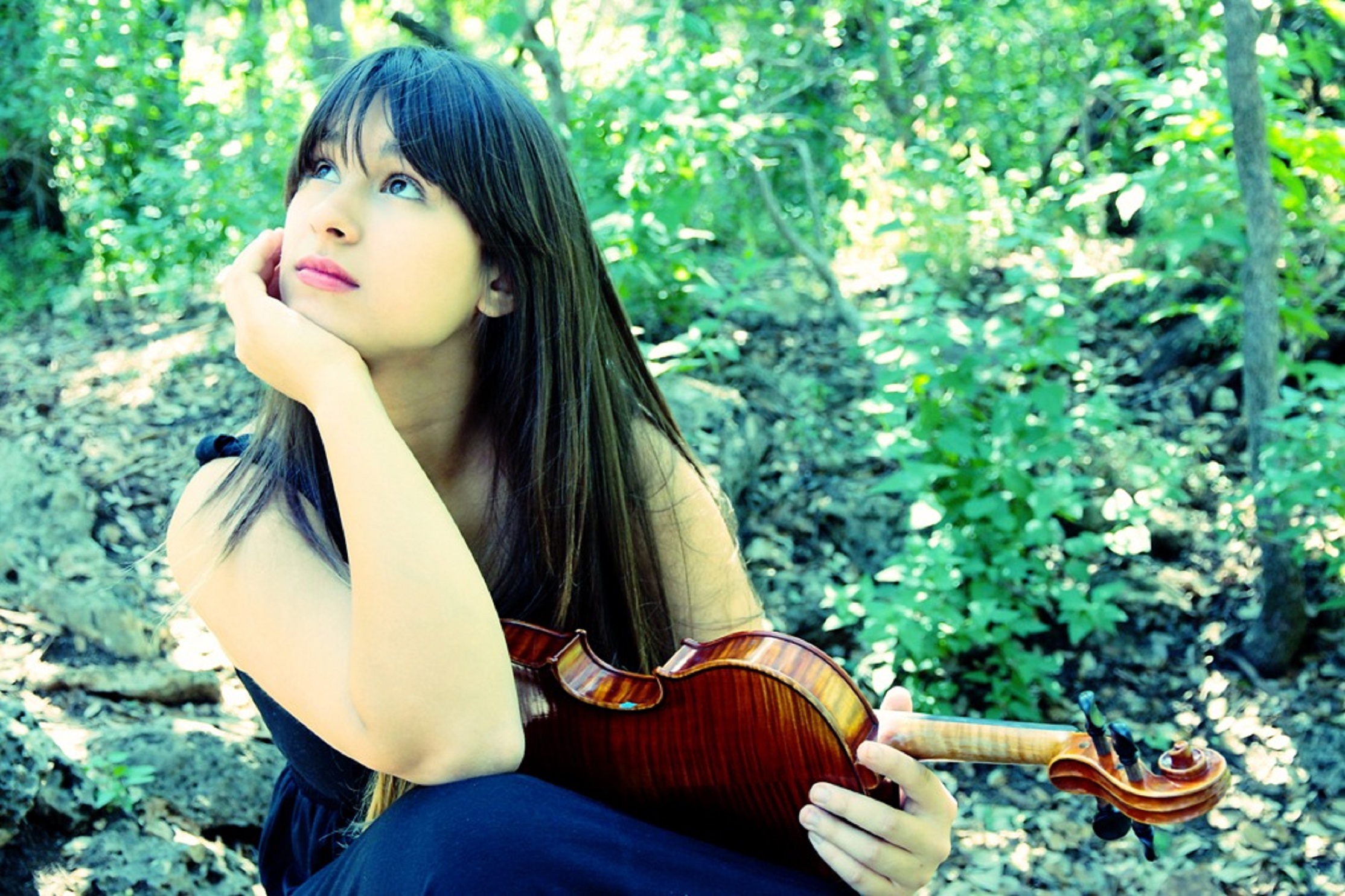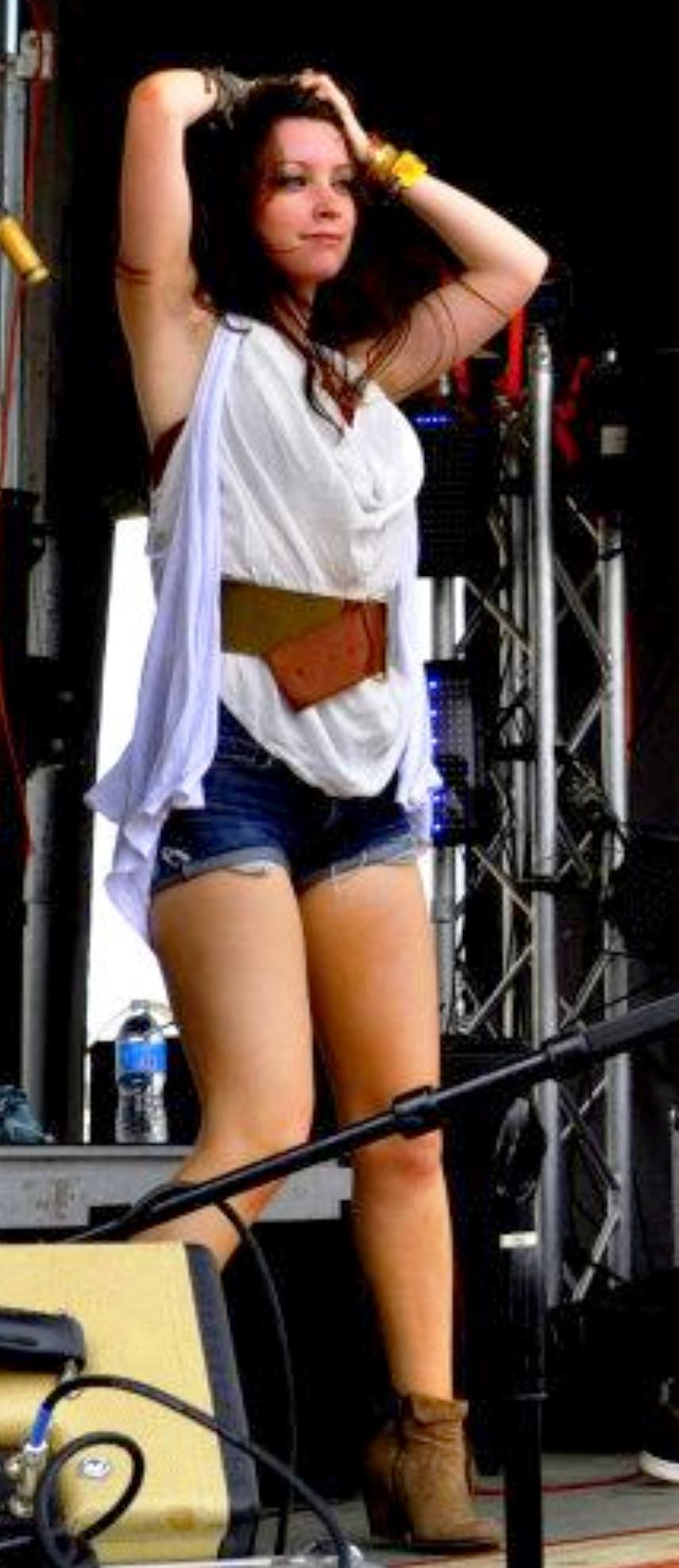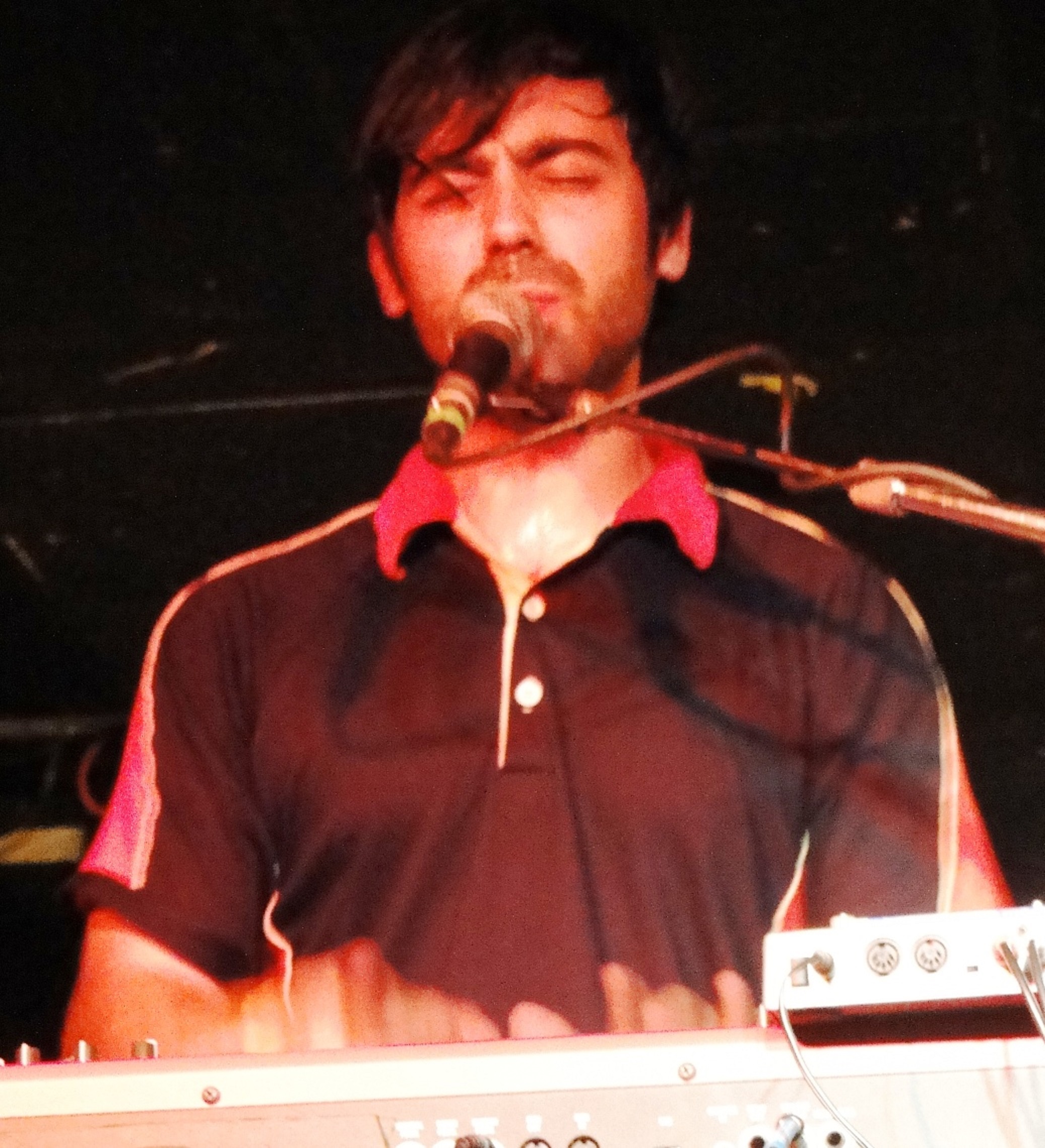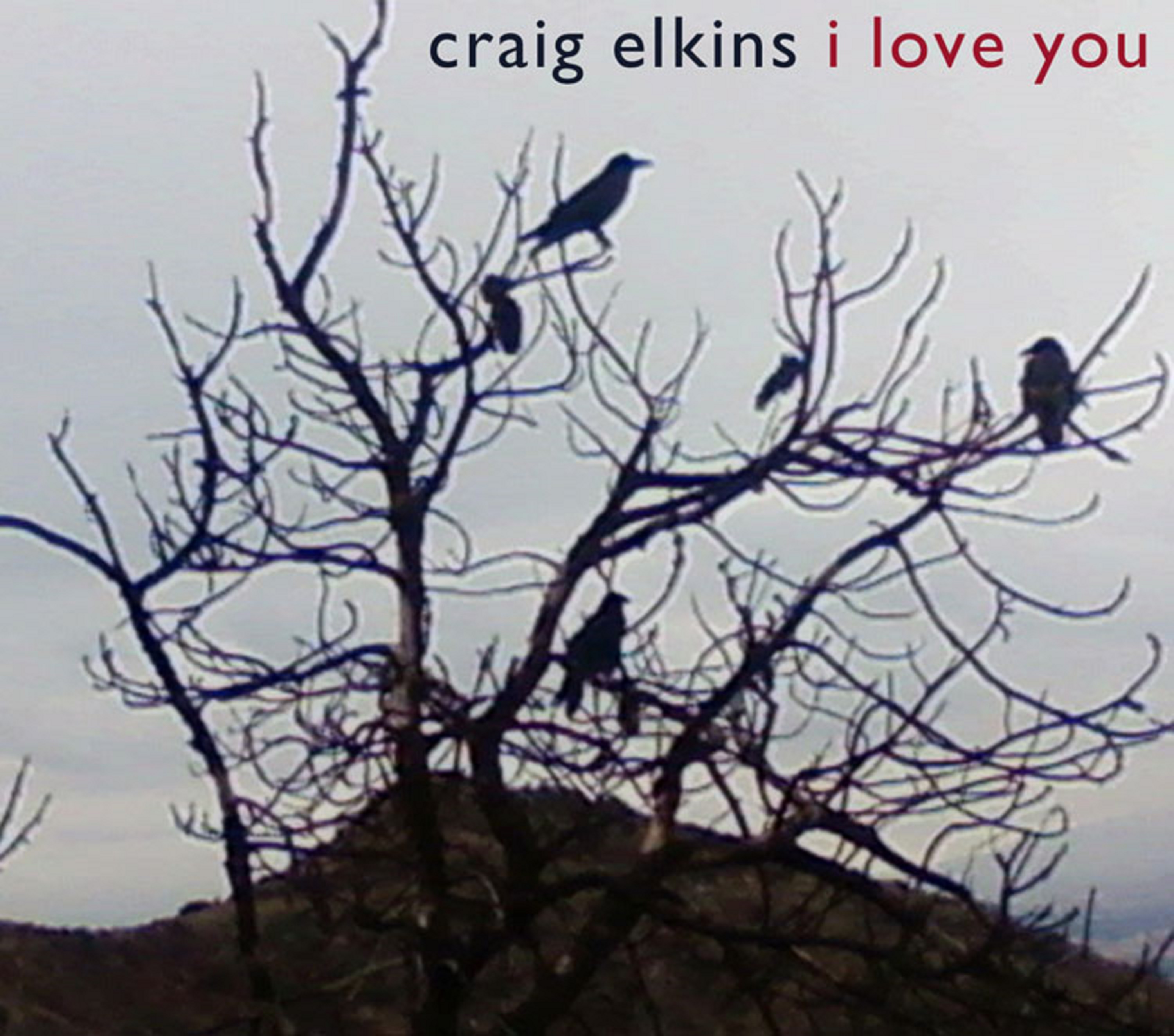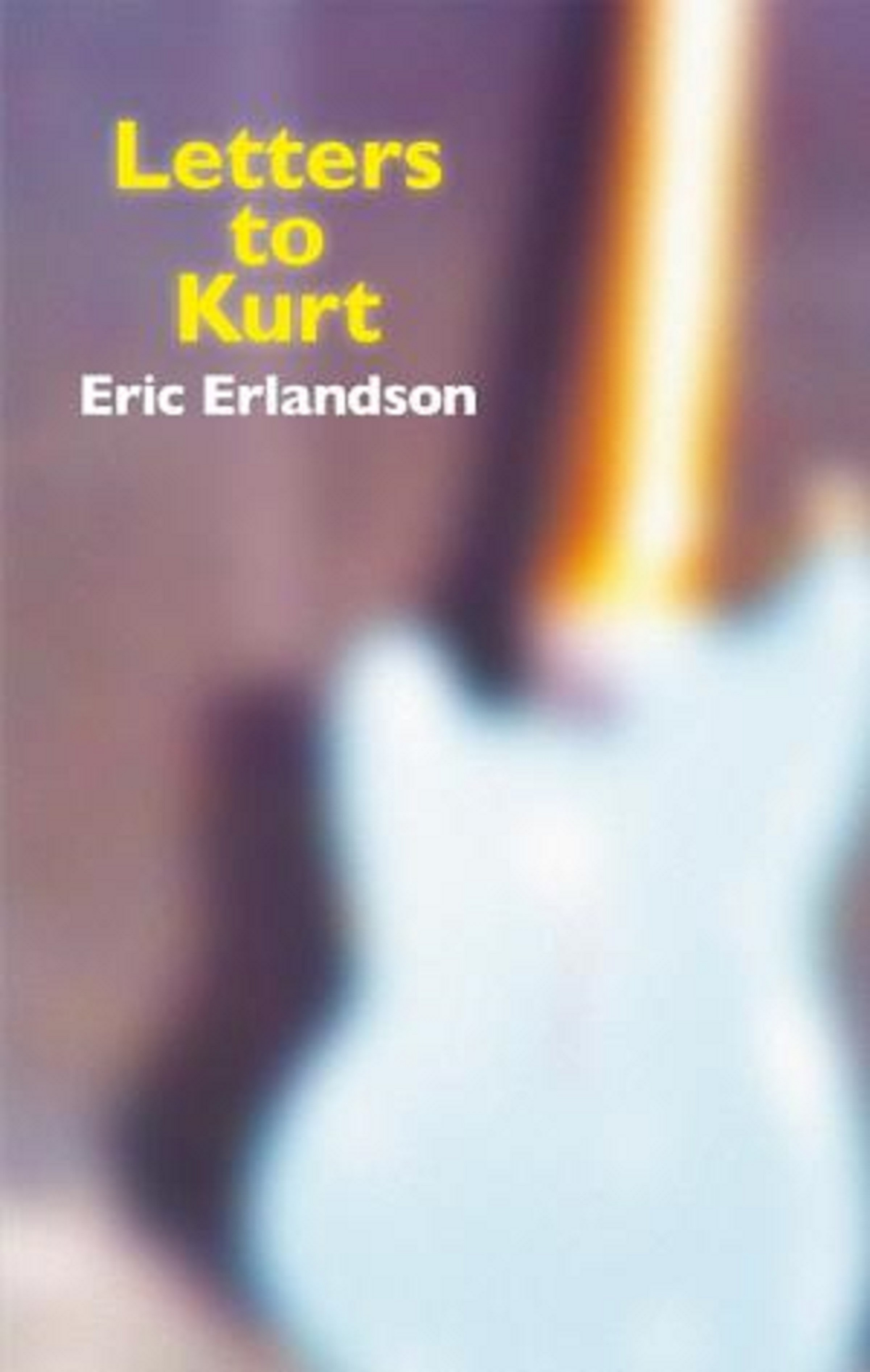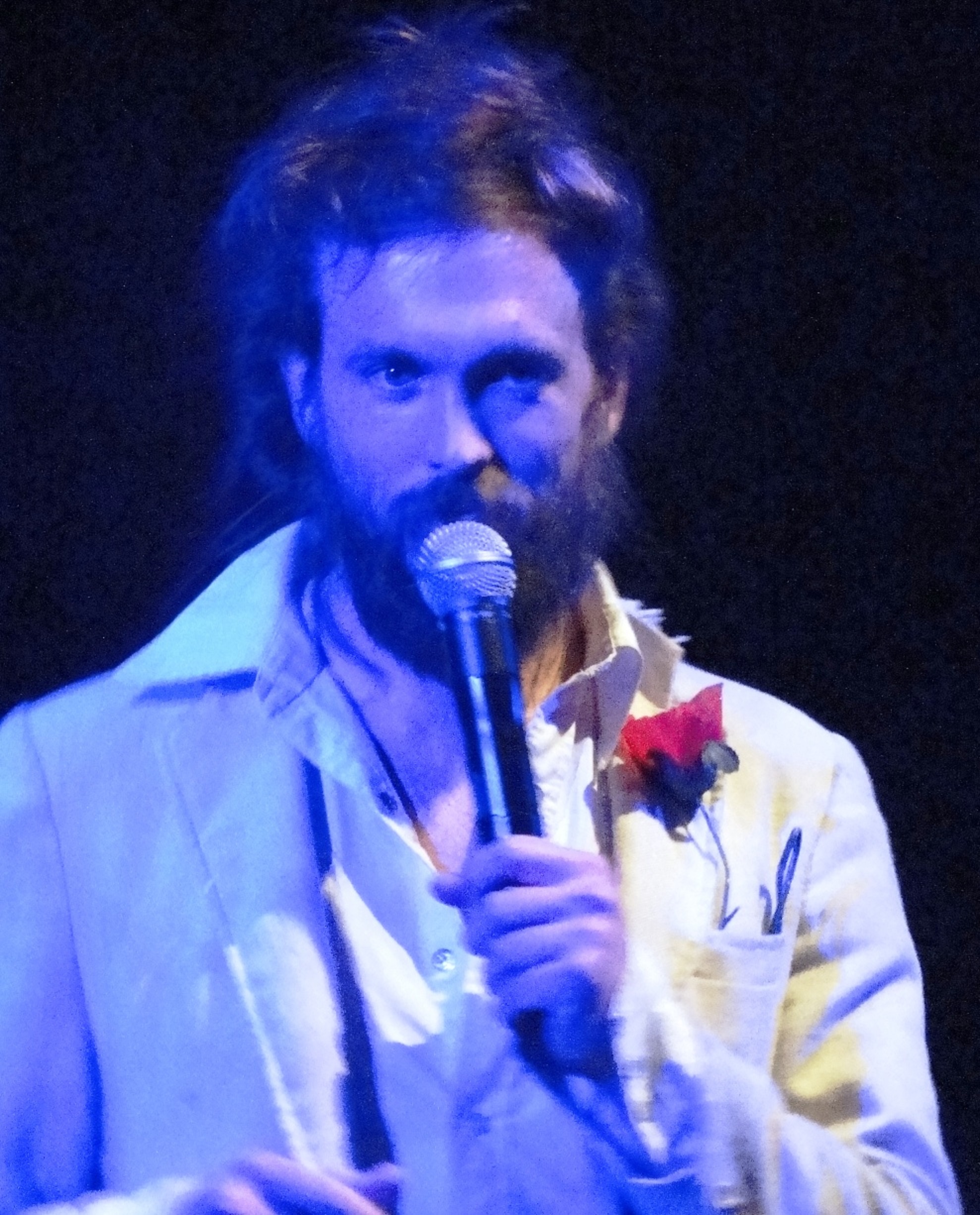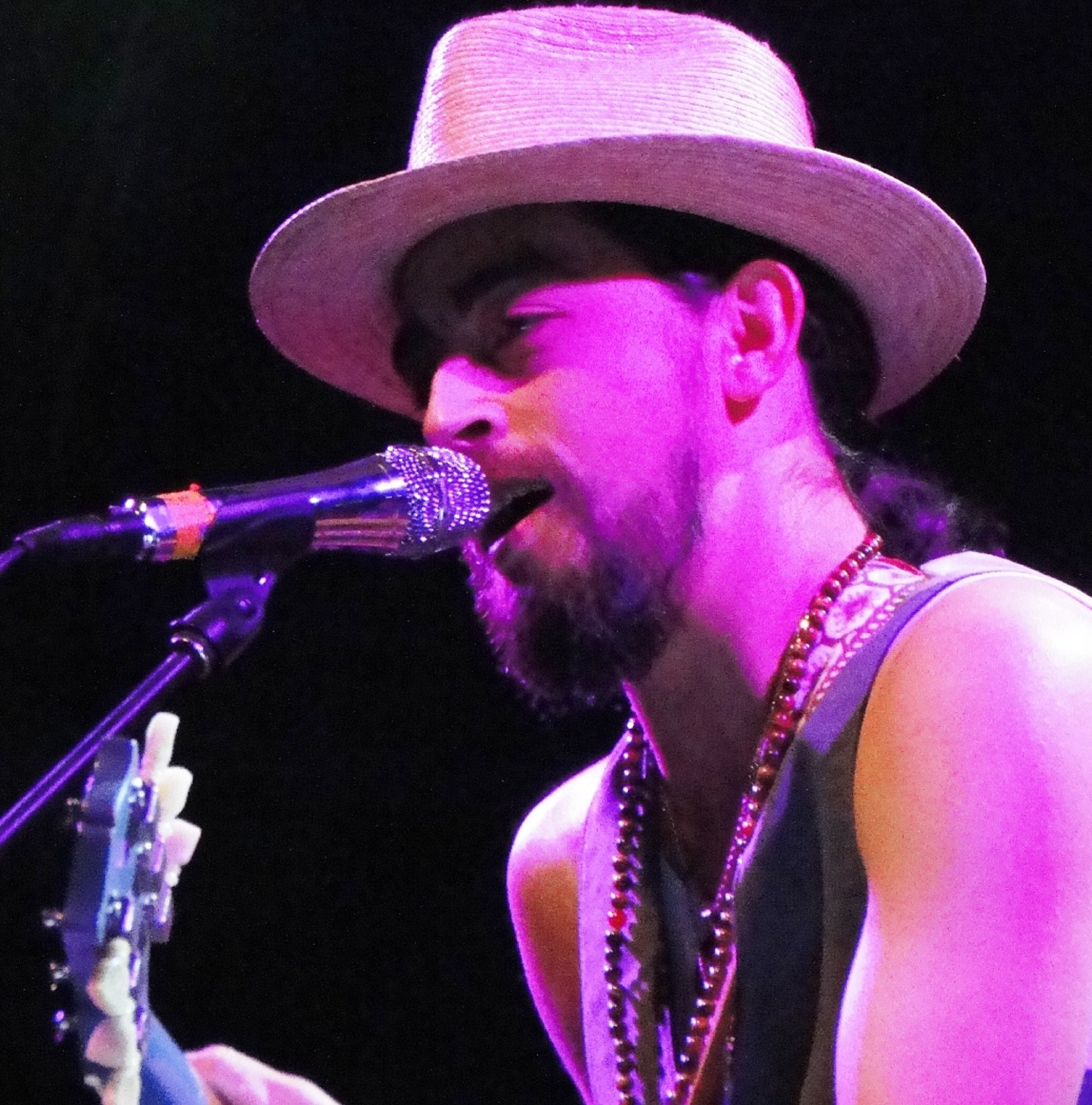There are those things they teach you in school about poetry, things like rhyme schemes and stresses and metrical feet. Things like sonnets and pastoral poetry and the epic. Regardless of all those rules and terms though, poetry can be one of the most free-form arts, allowing the writer to take on a poetic license, which is really to say that the author can do whatever he pleases. English singer/songwriter Bobby Long has added that character of poet to his career with his first book of poetry, Losing my Brotherhood.
Now 26 years old and living in New York to further his career as a musician, Long takes the sixty-two poems that make up the collection to look back at the past and explore today, pondering over ideas of love and relationships, youth, and finding one’s self amidst the loss of those things. While in his weaker moments Long jams pieces with too much language and descriptors or carries a distant, monotonous tone, the stronger poems that make up the majority of the book surface with their short story-like quality and tangible emotion and atmosphere.
Reminiscing on life in general and the days of his past, Long tends to take on a deeply historical context in a handful of his poems, a fun concept that turns awry by becoming almost too deeply embedded in it. “Ballad for James Jucipher” carries on with heralds and pulpits and love, but becomes so involved with this historical setting that it washes over the reader. “Jerusalem” holds a similar nature in the gallantry of the story it tells. Once again though, it takes off with that idea so markedly so as to obscure the meaning. Alongside this, the text smothers readers with extensive use of detail and verbosity as Long writes, “In the castle of my heart,/ In the loose cold tomb of Richard,/ On the handle of his gallant sword,/ Pilfering and pillaging the passion.”

Pulling away from the historically rooted or inspired pieces, other poems show Long on almost the opposite side of the spectrum. Instead of burying the reader in adjectives, he distances them from the text via a detached tone so as to make for a bland, dull sound that portrays a cliche perception of poetry. “A Hero’s Wedding" and “What I Done" are both solid pieces until the end when Long closes out the poems with an unnecessary twist and question, respectively, that give them a disappointing, hackneyed “but wait!” moment. In “Looking Out,” Long takes on a classic, simple observation of what he sees of the city outside his window. A laundry list of the sites goes on and on, taking on a very dry tone of voice as each line relays nothing more than what his eyes envision. It is not until the very end of the poem that some purpose or meaning is put into it as Long writes, “I think I can make out the faces of the people I have met or known/ on holiday from England/ this enables my will to stay inside/ in the confines of dead flowers and hung keys/ and a moving sun," relaying last minute that the poem is not about the list of things outside the window, but more so that those sights are what keep him on the other side of the glass.
Those poems which make up the backbone of Losing My Brotherhood are those like “For America,” “We Are Gonna Fall Under Our Weight,” and “To California,” pieces that relate a story and in the minimal space of the story are able to build characters and plot and meaning and emotion. “The Barricades” uses its story of children playing as soldiers in a field to create the fantasy and reality of childhood, while the title poem of the book, “Loosing my Brotherhood,” makes use of imagery and symbols to relate the separation from the past and the forward movement of growing and life. While it is not the only one of anger, “Happy Fucking Birthday” is one of few pieces that really delves into the language of the poem to show the bitterness and coldness that the title puts forth. “In A Glare” succeeds in a similar manner with it’s hard, bold language and imagery to fuse beauty with darkness, while ”Little One” carries on a more subtle warning with the repeated refrain, “You’re a big girl now little one.”

It is between the two extremes of the lesser poems that Long finds his golden ground. Not plunging in so deep and making intentional use of his language, such as is wonderfully shown in “The Wave Runners,” puts Long’s writing into an infallible short story setting. It is here that he appears to be in most control and most in tune with his writing, when the words he uses, the sound and atmosphere he creates, all contribute to what the story of the poem is meaning to say. As liberating and helpful as it is to run free with a poetic license, Long’s greater work lies in those poems which hone in and make use of those little aspects to give real dimension and depth that turn out a true sense of poetry with manifest emotion.





